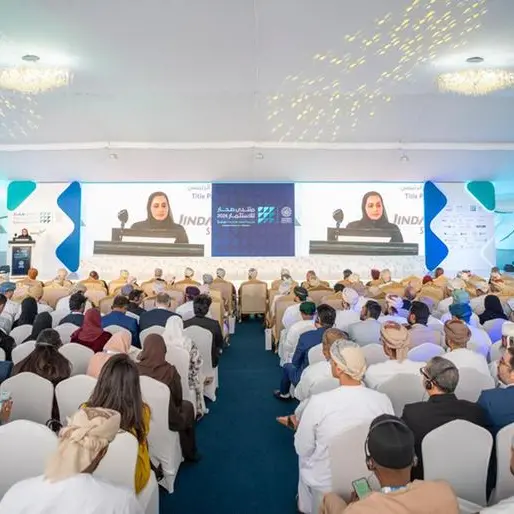Cairo, 26 March 2013 - Not only has the 2011 revolution changed Egypt's status quo; it has also marked significant changes for women over the past two years. TNS set to unfold those changes, revealing Egyptian women empowerment index, their losses, their gains, and most importantly their aspirations.
According to TNS study, women's appetite to politics has increased with 68% being more interested in politics than before. Although 72% of women surveyed voted in the presidential elections and 59% voted in the last parliamentary elections, 85% said that there were no political parties representing their views and opinions.
"There is obviously a gap between the current active participation of Egyptian women in political life and the achievements they have realized. For the first time in history, Egyptian female candidates' number reached 984 after the revolution, compared to 404 in 2010 and 133 in 2005. And yet, their representation has decreased to 2% in 2011, compared to 12.5% in 2010", said Tamer El-Naggar, TNS CEO for Egypt and North Africa. The same happened in Shura Council elections, with 5 women securing seats; compared to nine in 2010. The representation of women in the Institutional Committee was also very low at 7% with 7 members only out of 100", El-Naggar added.
The study also revealed that only 36% of women interviewed are currently working, of which 76% work on a full time basis primarily for income and for personal satisfaction.
Despite being a small proportion, working women in Egypt are eager to work as 82% said that they would continue working even if they had sufficient funds; and 73% of those who don't work said that they would work if domestic help was provided.
"Our study reveals that 84% of women feel less financially secure now than before the revolution and 39% believe that women's employment opportunities have decreased. According to CAPMAS, unemployment rates for women have reached their peak in 2012 compared to the past four years at 24.7%, compared to 23.6% in 2011 and 22.76% in 2010" commented El-Naggar. "The Economist's report on economic opportunities for women in 2012 also indicated that Egypt is the first on the list of countries that recorded a decline in access to economic opportunities for women compared to previous years", concluded El-Naggar.
On the social front, TNS report reveals that women share their husbands in decision making when choosing a job, borrowing money, education and children conception. On the other hand, 70% of women take their husbands' permission before buying clothes for themselves or their children.
TNS study also revealed that during arguments, 33% of males humiliate their wives; and overall, 43% of women believe their situation has become worse.
"The year 2012 witnessed continuity of all kinds of violence against women, domestic violence, early marriage and sexual harassment. The country's political conflict and the absence of firm law enforcement measures are responsible for this deterioration which has impacted the community at large", commented El-Naggar.
TNS study was conducted over the phone with a total sample of 500 women representing all classes (upper middle class 16%, lower middle class 42%, skilled working class 31%, working class and those at the lowest levels of subsistence 11%) - and age brackets from 21-45 years old. 75% of the women interviewed were married, 25% were single.
-Ends
Press Contact: Blue Ocean PR
Maha Saad - T: 0122 319 2140 ; maha.saad@blueoceapr.com
Sara Sanad - T: 0106 552 0853; sara.sanad@blueoceanpr.com
© Press Release 2013



















